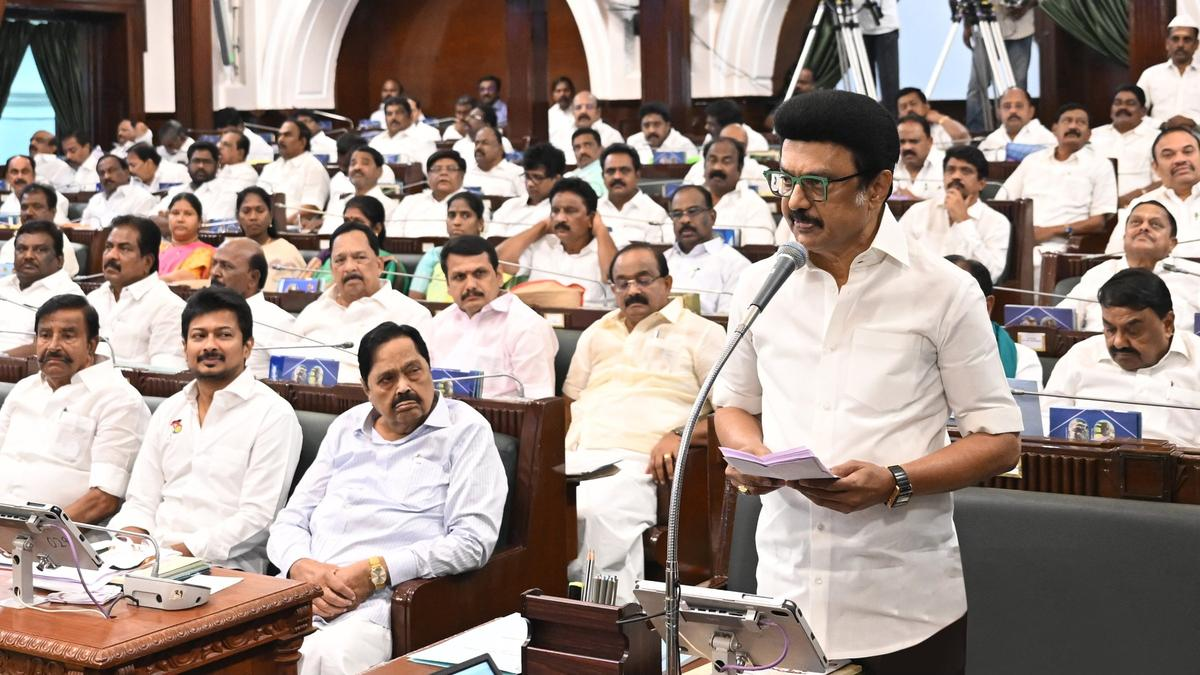





Copyright infringement not intended
Picture Courtesy: https://foreignpolicy.com/2024/09/24/sri-lanka-election-means-india-dissanayake-president/
The recent Presidential election in Sri Lanka marked a shift from traditional politics based on ethnic division to the nation's economic condition.
In the recent presidential election in Sri Lanka, Anura Kumara Dissanayake, a Marxist leader of the Janatha Vimukthi Peramuna (JVP) came to power. India is closely following Sri Lanka's political development because any change in Sri Lanka directly impacts the bilateral relationship and the geopolitics of South Asia.
Sri Lanka faced its worst economic crisis in 2022, which led to a mass protest and the president's resignation. The economy was shattered by the collapse of the tourism sector due to COVID-19. This situation, combined with rising government debt, has pushed inflation and generated shortages of essential goods.
During this crisis, India provided nearly $4 billion in assistance to Sri Lanka to manage its financial position and fulfil international obligations. The situation made Sri Lanka dependent on India's oil supply, and trade relations also strengthened during this period. The new government could not ignore India’s role in supporting the economy during the need of the hour.
Relations between India and Sri Lanka are based on shared history and cultural exchanges; Buddhism originated in India and has influenced Sri Lankan culture and society.
India signed the 1987 Indo-Sri Lanka Agreement to resolve ethnic conflicts and deployed the Indian Peacekeeping Force (IPKF) in Sri Lanka, which resulted in the assassination of Indian Prime Minister Rajiv Gandhi in 1991 by LTTE members, this changed India's approach to the conflict.
India always supported Sri Lanka's right to resist terrorist forces at the same time he expressed deep concern over the situation of the civilian population. The nearly three-decade-long armed conflict between the Sri Lankan armed forces and the Liberation Tigers of Tamil Eelam (LTTE) ended in 2009.
India played a critical role in providing development assistance to Sri Lanka, especially for internally displaced persons (IDPs) and disadvantaged populations, to deepen the ties between the two countries.
Recent Initiatives in Sri Lanka
|
In 2022, the total trade between India and Sri Lanka was estimated at $7.71 billion.
The Free Trade Agreement (FTA) between the two countries has increased trade, making it easier for businesses to operate overseas. India's investments in Sri Lanka cover many areas, including infrastructure, energy, and tourism, helping maintain the island's economic stability and progress.
Strategic Significance
|
To read about the other dimensions of the India Sri Lanka relations in detail visit: https://www.iasgyan.in/sansad-tv-air-summaries/perspective-india-sri-lanka-relations
The ethnic conflict affecting Sri Lanka's Tamil minority presents a challenge to India-Sri Lanka relations. During the civil war, India played a complex role, including deploying the Indian Peace Keeping Force (IPKF) in the late 1980s. The humanitarian crisis of Tamils in Sri Lanka continues to be a sensitive topic in India.
The maritime boundary between India and Sri Lanka is an area of dispute, Indian fishermen frequently cross into Sri Lankan waters, resulting in arrests and sometimes violent clashes. This issue impacts the livelihoods of fishermen on both sides and requires careful diplomatic handling.
Trade imbalances and competition may lead to conflict. Sri Lanka's concerns about getting more dependent on Indian goods and services can lead to protectionist actions.
China's expanding influence in Sri Lanka is a major strategic challenge for India. India considers China's investments in Sri Lanka part of a larger campaign to extend its influence in the Indian Ocean region. The 99-year lease of Hambantota Port to a Chinese business caused concerns in India about China's geopolitical objectives in the region.
Sri Lanka's political instability impacts bilateral relations. Changes in leadership and internal political conditions may lead to shifts in foreign policy, affecting agreements and collaboration with India.
Strengthening Economic Collaboration by identifying sectors where investments can result in mutual benefit. Joint ventures in pharmaceuticals, textiles, and information technology industries can help create jobs and promote economic growth.
Joint naval exercises such as SLINEX have improved coordination between the Indian and Sri Lankan navies. Expanding these exercises and adding advanced training modules can strengthen naval cooperation to protect the sea channels and combat piracy and terrorism.
The ongoing problem of fishermen violating maritime boundaries requires a permanent solution. Developing a collaborative fisheries management structure can help regulate fishing activity and protect fishermen's livelihoods. Creating designated fishing zones and enforcing seasonal limitations can help to reduce disputes.
Strengthening collaboration on technology and innovation to address common challenges like climate change, healthcare, and digital transformation. India's experience with digital payments and e-governance might be shared with Sri Lanka to improve public service delivery.
To balance strategic interests, India must maintain its influence in Sri Lanka while upholding its sovereignty and addressing concerns about China's growing presence. To counter Chinese investments, India could offer attractive investment packages and infrastructure development projects.
Must Read Articles:
Source:
Institute of South Asian Studies
|
PRACTICE QUESTION Q.Critically analyse the economic and trade relations between India and Sri Lanka. What are the key areas of cooperation and conflict, and how have the recent developments affected the bilateral relation? (250 words) |









© 2025 iasgyan. All right reserved